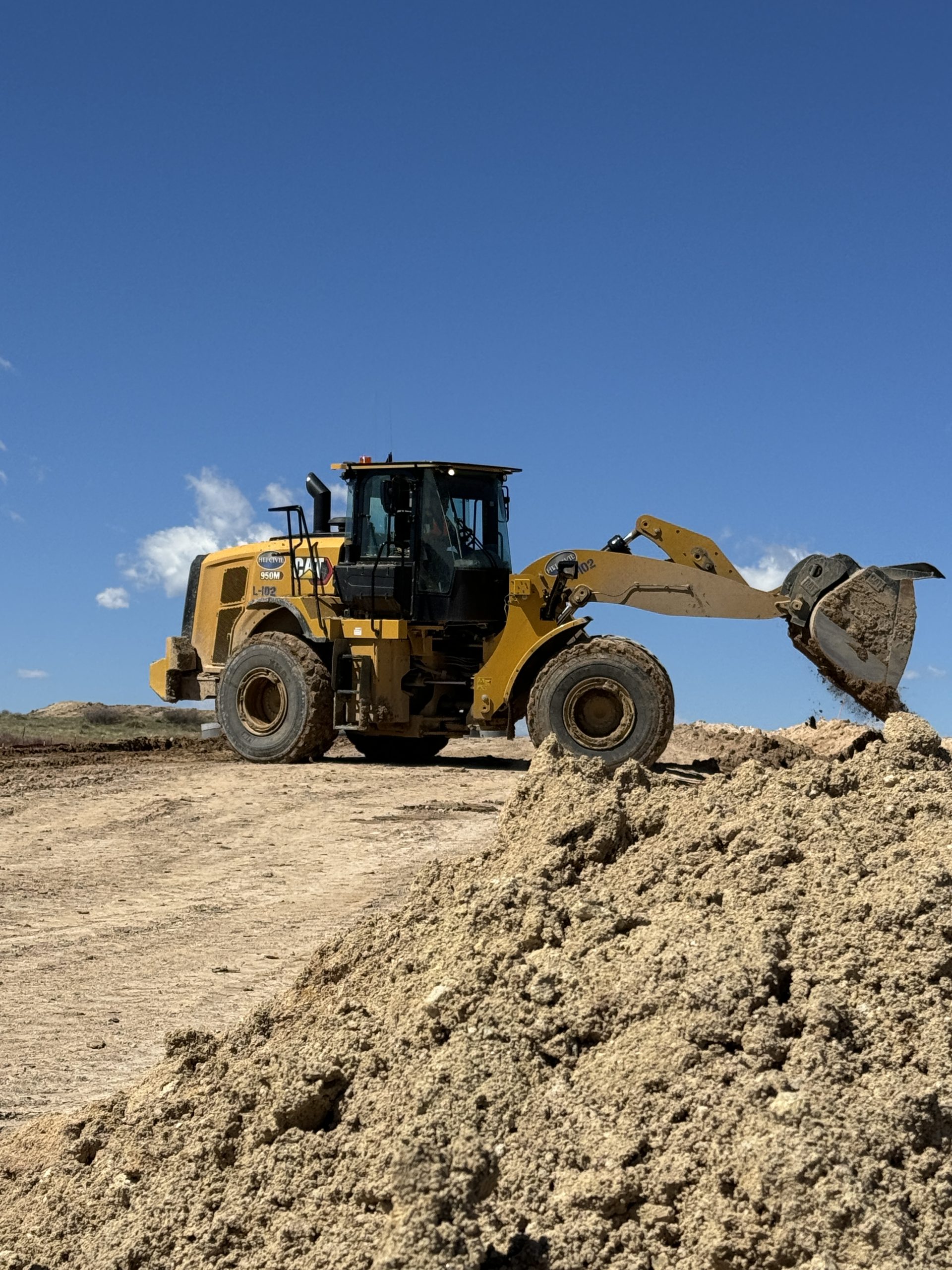Residential Construction
Scope and Purpose: Residential construction focuses on creating living spaces for individuals and families. These projects range from single-family homes and duplexes to apartment complexes and residential communities.
Key Characteristics:
- Design and Layout: Residential buildings are designed with comfort and functionality in mind, often prioritizing aesthetic appeal and personal comfort over efficiency. Standard features include living rooms, kitchens, bedrooms, and outdoor spaces.
- Regulations: Residential construction must comply with local building codes, safety standards, and zoning laws, but these are generally less complex than those for commercial buildings.
- Materials and Techniques: Residential construction typically uses wood, brick, and concrete and often involves less heavy machinery than commercial and industrial projects.
Industrial Construction
Scope and Purpose: Industrial construction involves creating facilities where goods are produced, processed, stored, or distributed. These projects are integral to manufacturing, logistics, and other industrial sectors.
Key Characteristics:
- Design and Layout: Industrial facilities are designed for efficiency and durability. They often feature large, open spaces with high ceilings to accommodate machinery and production lines. Layouts like this are typically designed to optimize workflow and safety.
- Regulations: Industrial construction is subject to rigorous safety and environmental regulations, including hazardous materials, emissions, and occupational safety.
- Materials and Techniques: Industrial projects often require robust materials like steel and reinforced concrete to support heavy machinery and large-scale operations. Advanced construction techniques and heavy equipment are commonly used.
The Role of Heavy Civil Construction
Heavy civil construction companies focus on large-scale infrastructure projects supporting the commercial, residential, and industrial sectors. These include roads, bridges, tunnels, water and sewage systems, and other critical infrastructure.
Key Services Provided:
- Earthmoving and Excavation: Preparing the ground for construction by moving large quantities of soil and rock.
- Foundation Work: Laying the groundwork for durable, stable structures, whether for a skyscraper, a housing development, or a factory.
- Structural Engineering: Designing and constructing frameworks that ensure safety and longevity, from bridges to industrial complexes.
- Utilities Installation: To support all construction projects, establish essential services like water, electricity, and sewage systems.
Understanding the differences between commercial, residential, and industrial construction is crucial for planning and executing successful projects. Each type of construction has unique requirements, challenges, and objectives. Whether laying the foundation for a new residential community, constructing a commercial high-rise, or developing an industrial complex, heavy civil construction is foundational to progress and development.




